Historiography: A Prize-Winning Course!
Dr. Matt Schumann, history students Ms. Haley Hoffman and Mr. Nick Bowers, and AYA student Ms. Olivia Johnson won the Elliott L. Blinn Award for Faculty / Undergraduate Basic Research for 2020. The prize will be given officially at the Faculty Awards Ceremony on April 6. In giving this award, the university substantially recognizes both the ongoing history research of all three students, and Dr. Schumann’s scholarship on course design for the class in which the students’ research got its start: HIST 3790: Historiography. Continue reading

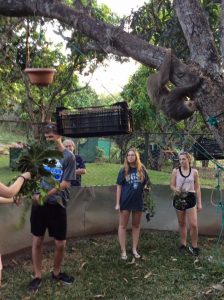
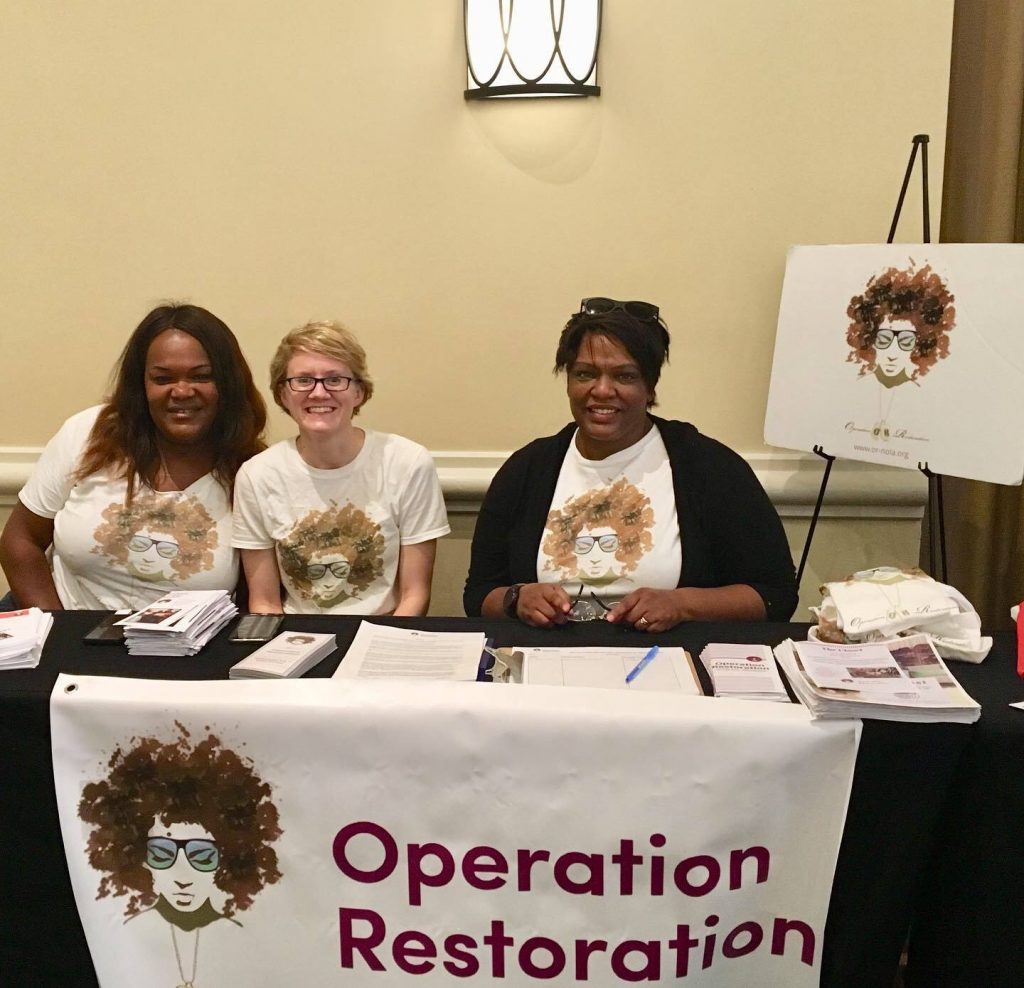
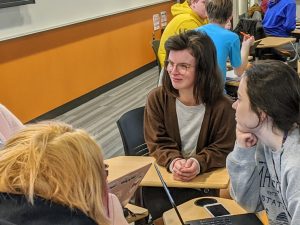
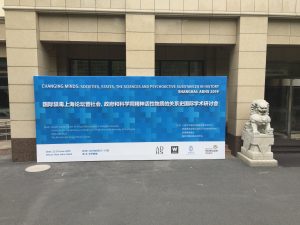
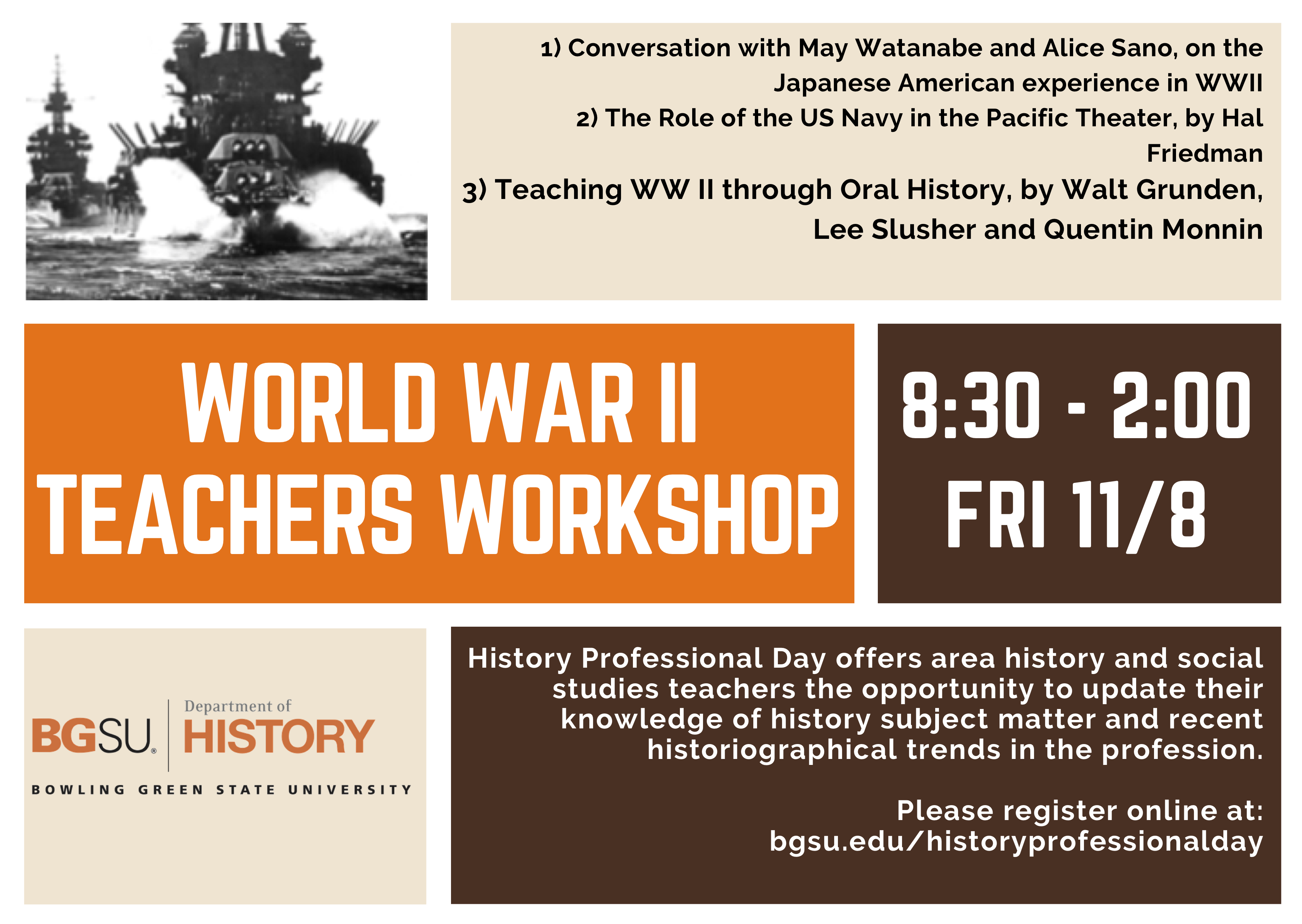
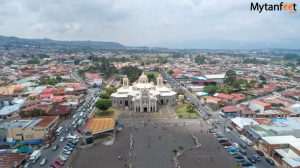
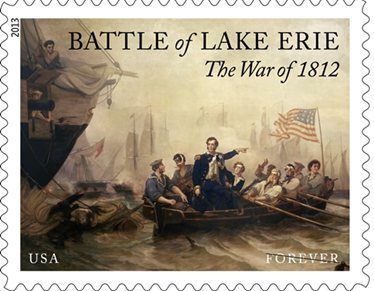 At its September 20th conference at the U.S. Naval Academy, the Naval Historical Foundation awarded Dr. David Curtis Skaggs, professor emeritus of history at Bowling Green State University, its Commodore Dudley W. Knox Award for his significant contributions to naval history.
At its September 20th conference at the U.S. Naval Academy, the Naval Historical Foundation awarded Dr. David Curtis Skaggs, professor emeritus of history at Bowling Green State University, its Commodore Dudley W. Knox Award for his significant contributions to naval history.